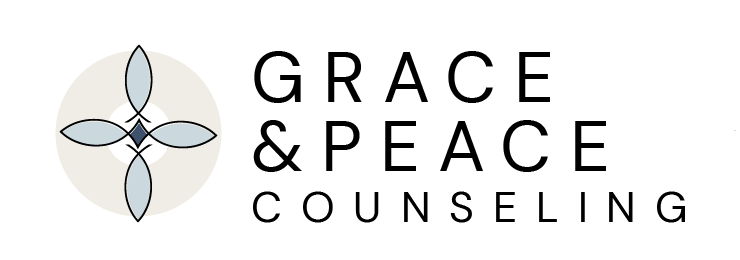
Now that you’ve been attending therapy for a while, you may be wondering
“How long will I do this?”
Because therapy is such an individual process, the answer varies from person to person. There are some common markers you can look for on your own therapeutic journey.
Treatment Planning: During the first few sessions, your therapist should talk with you about your goals. The therapist may ask questions such as:
- “What isn’t currently working in your life?”
- “What do you hope to get out of therapy?”
- “How will you know when you have reached your goals?”
- “What would a healthy life look like for you?”
From there, you will develop goals with your therapist. Often, goals are modified as you discover root causes of problems. This is normal. The important thing is to have an endpoint – something you are working toward.
Internal state: You may have come to therapy because your emotions are getting in the way of living the life you desire.
- You may look fine to people who don’t know you well, but internally, you feel like a mess.
- You may so distressed that people notice.
It is common in therapy to feel lighter or an immediate sense of release in the first few sessions because you’re finally able to express what is going on with you. Depending on what brought you into therapy, you may temporarily feel worse as you and your therapist dive into root causes of problems. Your therapist should prepare you for changes in the emotions you may experience. Many therapists will help you develop coping skills to deal with emotions you may experience. Remember, it is common to feel worse before you feel better in therapy.
Behavior changes: You may notice that you are behaving differently. For example:
- You quit isolating from friends/family.
- You begin to enjoy things again.
- You start to pursue old or new hobbies.
- You stop unhealthy habits and/or begin a new healthy habit.
An outward change often indicates an internal change. You may notice yourself starting new things, re-engaging in things, or stopping certain behaviors. It’s important to recognize that you are making changes and are one step closer to the end of your therapy journey.
Ending therapy:
Because individuals come to therapy with different things to work on, there is no standard length.
It is a human desire to compare our journey to someone else’s. Comparison sets us up for failure. There will always be someone who is prettier, richer, more successful, has more friends, more whatever it is we want. In therapy, if you feel the need to compare, consider where you are now in your journey in relation to where you were last week, last month, last year. That way, you will be able to see your progress rather than some idealized vision of what someone else thinks or says. What you see on social media is not realistic, nor is therapy like a 30-minute sitcom where problems get solved in one episode.
Your therapist should start discussing the end of therapy early in the process. The end of therapy will be based on your goals.
- Because therapy is a supportive relationship, it may be difficult to end it.
- You may feel sad or scared or experience a sense of loss.
Your therapist should point out your successes and strengths and provide you with a summary of the growth you have experienced. Ending therapy is something to celebrate – you’ve set and reached goals and grown as a human being!
